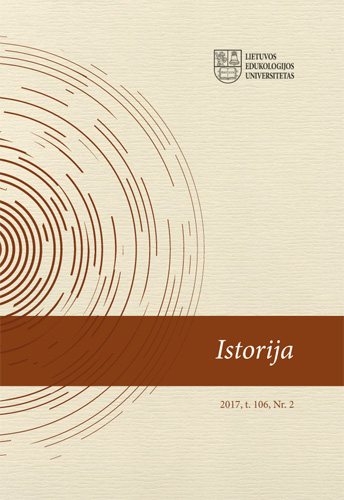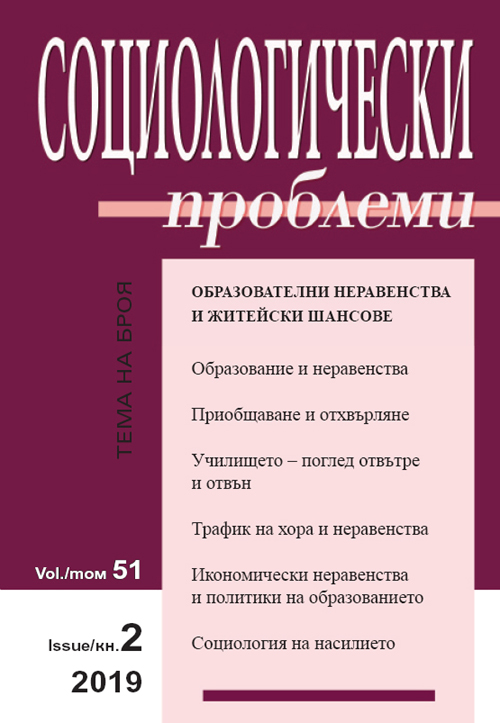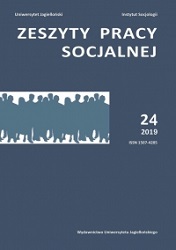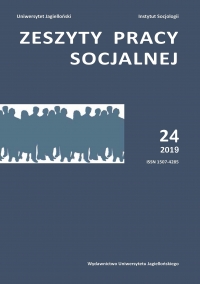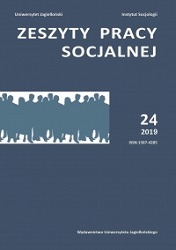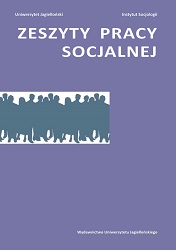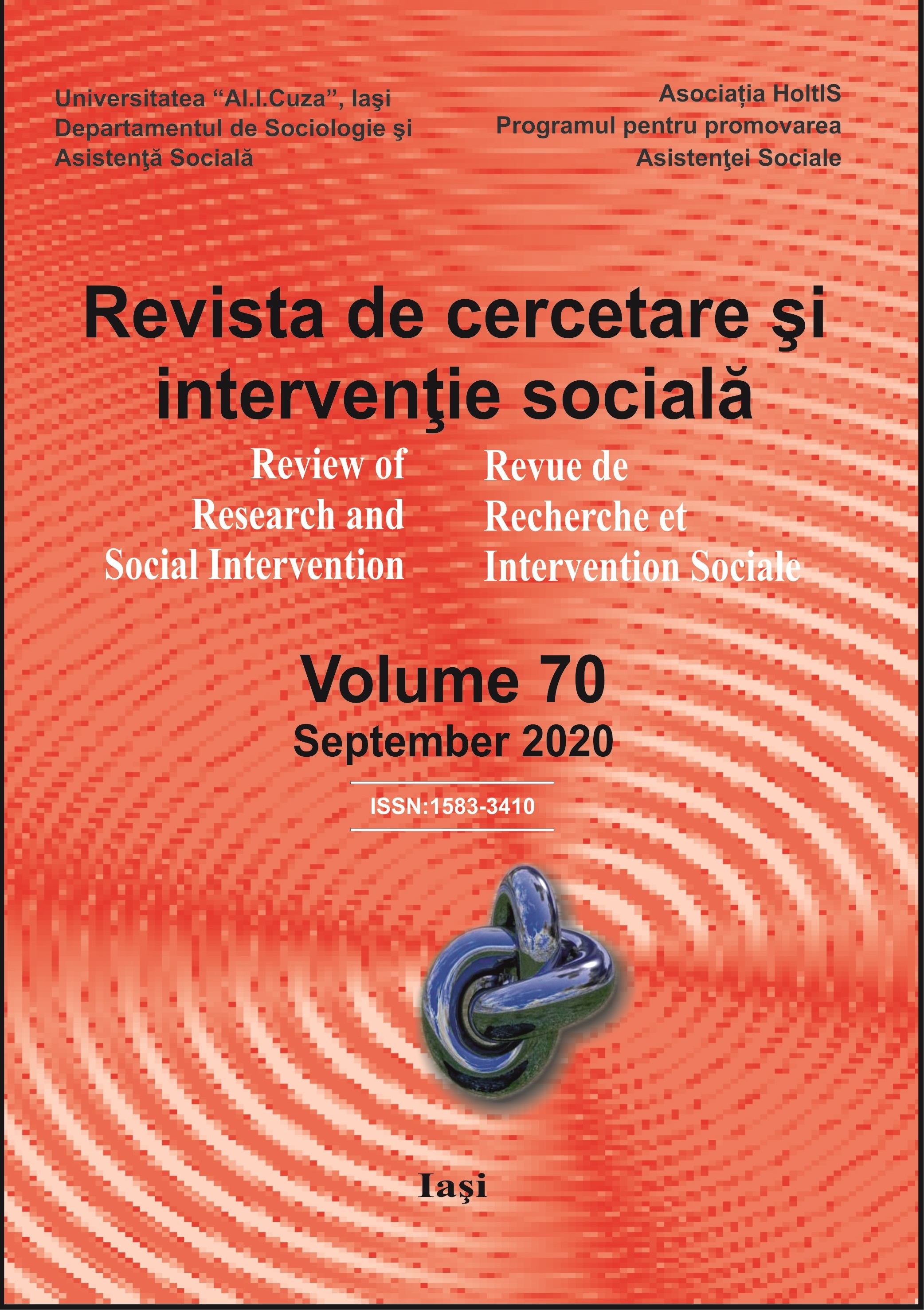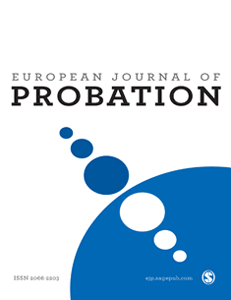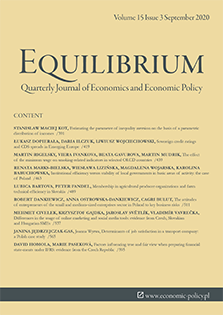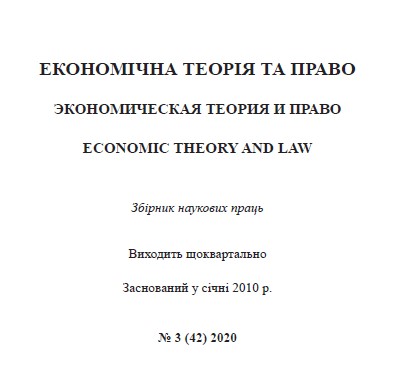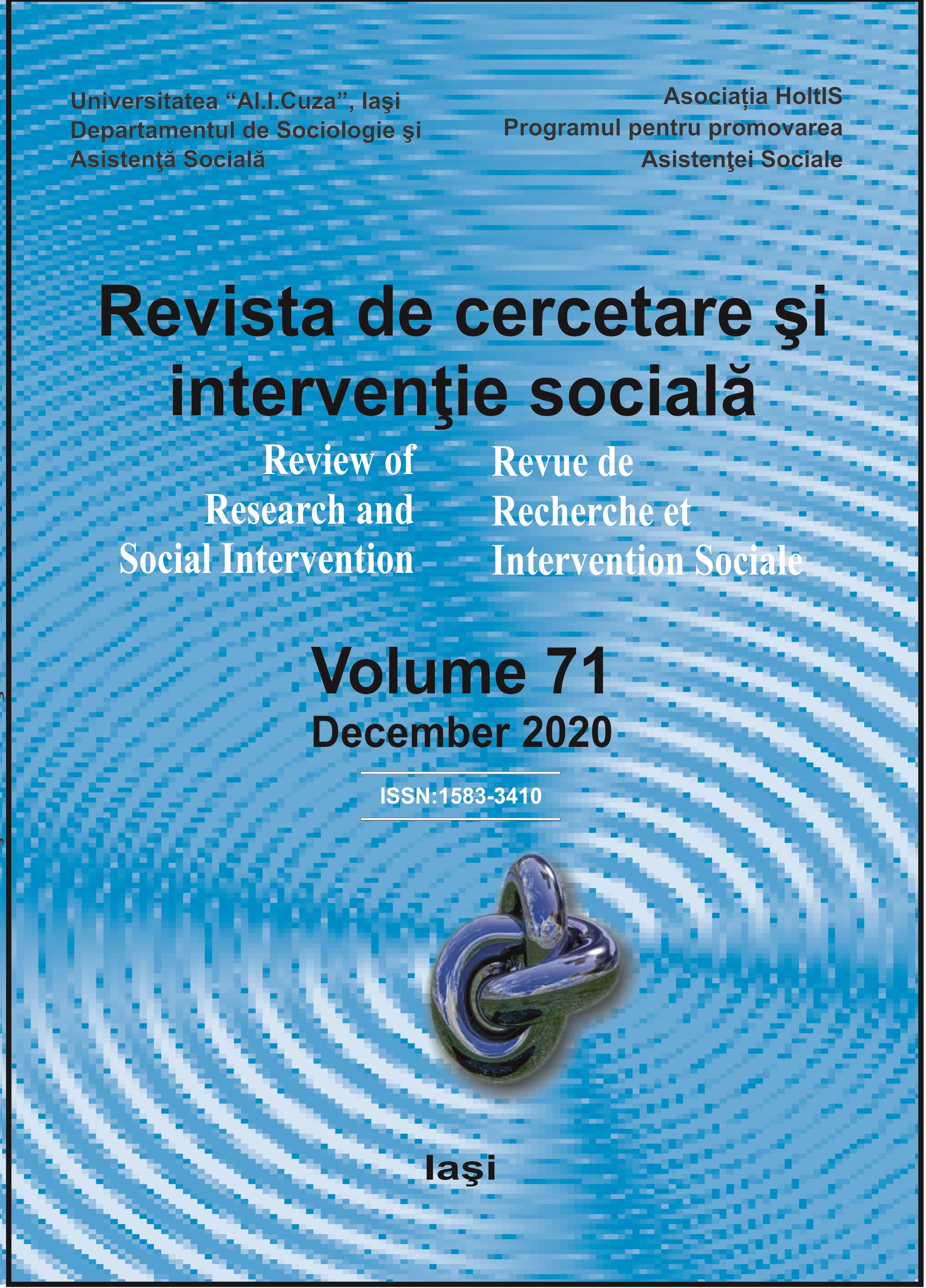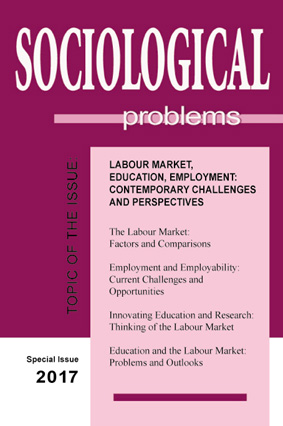
Strategies to Improve Labour Market Integration of Young People: Policy Coordination in Youth Guarantee Introduction and Implementation
Following van Berkel’s distinction between substantial and procedural reforms, the article analyses the governance changes in the strategies for improving labour market integration of young people – changes involving vertical and horizontal coordination in the context of the introduction and implementation of the Youth Guarantee initiative in Bulgaria.The empirical analysis is based on critical revision of secondary country-based literature, official documents, existing national policy/programme evaluations and statistics, and expert interviews with key officials from agencies involved in the implementation of the Youth Guarantee in Bulgaria. The article outlines the main changes in vertical and horizontal coordination and further suggests possibilities for development and recommendations for policies.
More...
